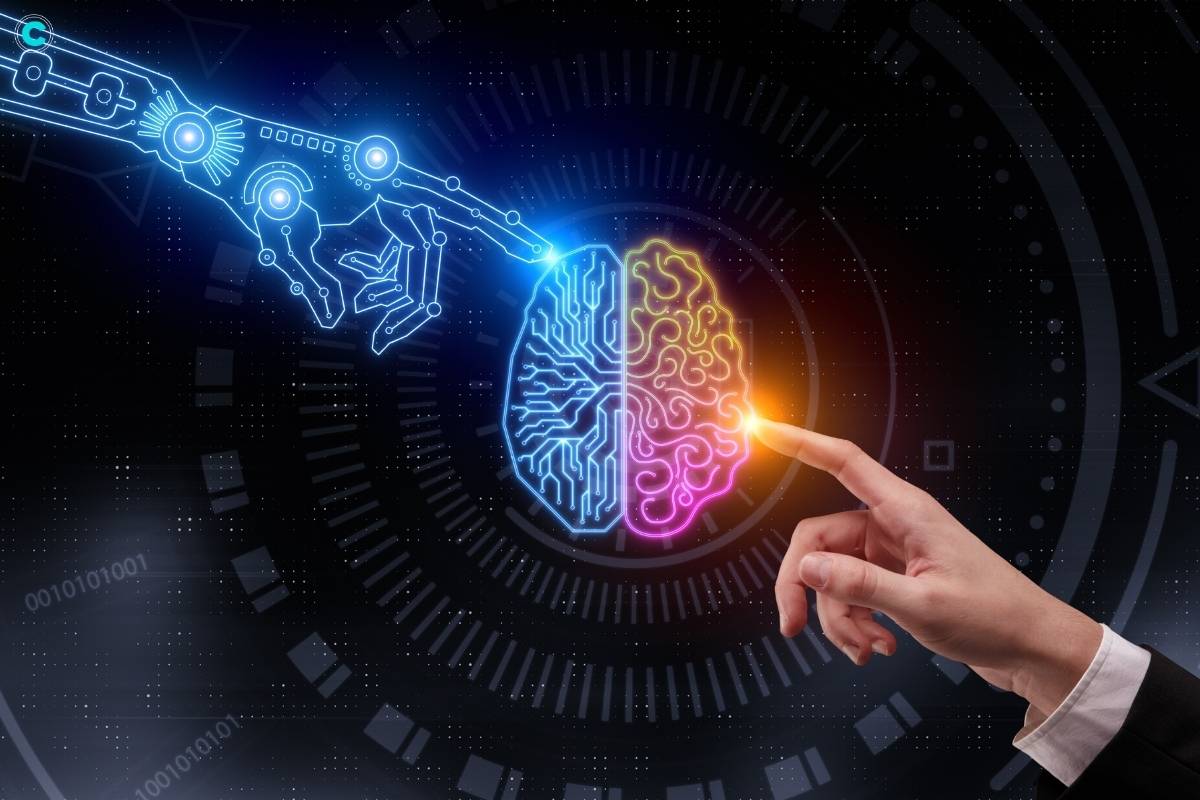In the realm of technology, Artificial Intelligence (AI) stands as a beacon of innovation, promising transformative changes across various industries and facets of our lives. This rapidly evolving field is not just about machines mimicking human intelligence; it’s about revolutionizing the way we live, work, and interact with the world. In this article, we will delve into the intricacies of AI, exploring its applications, potential impact, and the ethical considerations that accompany this technological marvel.
Understanding Artificial Intelligence:
At its core, AI refers to the capability of machines to perform tasks that typically require human intelligence. These tasks include learning, reasoning, problem-solving, understanding natural language, and even perceiving their environment. AI systems can be broadly categorized into two types: Narrow AI and General AI. Narrow AI, or Weak AI, is designed for a specific task, such as facial recognition or virtual assistants. On the other hand, General AI aims to exhibit human-like intelligence across a wide range of tasks—a goal that remains more aspirational than realized.
Applications Across Industries:
AI’s impact extends far beyond the realm of science fiction. Today, it is deeply ingrained in our daily lives and has become a driving force in multiple industries.
1. Healthcare
In healthcare, AI is revolutionizing diagnostics and personalized medicine. Machine learning algorithms analyze vast datasets to identify patterns and make predictions, aiding in the early detection of diseases and the development of tailored treatment plans.
2. Finance
The finance sector benefits from AI in fraud detection, algorithmic trading, and customer service. AI’s ability to process large volumes of financial data at incredible speeds enhances decision-making and risk management.
3. Education
AI-powered educational tools offer personalized learning experiences, adapting to individual student needs. Virtual tutors, interactive lessons, and automated grading systems are transforming traditional educational paradigms.
4. Manufacturing
In manufacturing, AI-driven automation improves efficiency and reduces errors. Smart factories leverage Artificial Intelligence to optimize production processes, predictive maintenance, and quality control.
5. Transportation
The automotive industry embraces AI for autonomous vehicles, making strides in creating safer and more efficient transportation systems. AI algorithms enable vehicles to perceive their environment, navigate, and make real-time decisions.
Ethical Considerations:

As AI continues to advance, ethical considerations become paramount. Issues such as bias in algorithms, job displacement due to automation, and concerns about privacy and security require scrutiny.
1. Bias and Fairness
AI systems learn from data, and if the data used for training contain biases, the AI model can perpetuate and even exacerbate these biases. Addressing this issue involves implementing strategies to ensure fairness and transparency in AI algorithms.
2. Job Displacement
The rise of automation driven by Artificial Intelligence has raised concerns about job displacement. While AI creates new opportunities, the workforce must adapt to changing skill requirements. Initiatives for retraining and upskilling are essential to mitigate potential negative impacts.
3. Privacy and Security
The proliferation of AI also raises concerns about privacy and security. AI systems often rely on vast amounts of personal data, and safeguarding this information is crucial to prevent misuse and unauthorized access.
4. The Future of AI
Looking ahead, the trajectory of AI development is both exciting and challenging. Advancements in Natural Language Processing (NLP), reinforcement learning, and quantum computing are poised to push the boundaries of what AI can achieve.
5. Natural Language Processing
Improvements in NLP enable Artificial Intelligence systems to understand and generate human-like text, facilitating more natural interactions between humans and machines. This has profound implications for virtual assistants, chatbots, and language translation.
6. Reinforcement Learning
Reinforcement learning, a type of machine learning, enables AI systems to learn by interacting with their environment and receiving feedback. This approach holds promise in areas like robotics, where machines can adapt and learn from real-world experiences.
7. Quantum Computing
Quantum computing, although in its early stages, has the potential to revolutionize AI. The immense computational power offered by quantum computers could solve complex problems at speeds currently deemed impossible.
Overcoming Challenges: The Role of Regulation:

To harness the full potential of AI while mitigating its risks, regulatory frameworks are essential. Governments and international bodies are increasingly recognizing the need to establish guidelines and standards for the ethical development and deployment of AI technologies.
1. Regulation for Responsible AI
Regulatory initiatives focus on transparency, accountability, and fairness in AI systems. Establishing guidelines for ethical AI practices ensures that developers, businesses, and governments prioritize responsible AI implementation.
2. International Collaboration
Given the global nature of AI technologies, international collaboration is crucial. Harmonizing standards and sharing best practices can create a framework that promotes innovation while safeguarding against unintended consequences.
AI and Human Collaboration:
Contrary to concerns about AI replacing humans, the true potential lies in collaborative efforts. AI systems, when designed with human-centric principles, can augment human capabilities, enhance decision-making processes, and address challenges on a scale previously unimaginable.
1. Human-AI Synergy
Artificial Intelligence can complement human skills, offering insights and processing vast amounts of data to aid decision-makers. Human-AI collaboration is evident in medical diagnosis, scientific research, and creative endeavors, where AI acts as a powerful ally.
2. Ethical Design and User Empowerment
Ensuring that AI systems are designed ethically involves putting users in control. Empowering individuals with transparency about AI decision-making processes and providing mechanisms to intervene contribute to the ethical use of AI.
The Societal Impact:

As AI becomes more ingrained in our societies, it is crucial to consider its broader impact on social structures, values, and equity.
1. Addressing Inequality
AI has the potential to exacerbate existing social inequalities if not carefully managed. Efforts must be made to bridge the digital divide, ensuring that the benefits of AI are accessible to all and do not disproportionately favor certain groups.
2. Education and Inclusion
Promoting education and inclusivity in AI-related fields is vital. By fostering diverse talent, we can ensure that AI technologies are developed with a broad range of perspectives, reducing biases and enhancing the inclusivity of AI applications.
The Ethical Imperative:
In the ever-evolving landscape of AI, ethics must remain at the forefront. Responsible AI development involves continuous dialogue among stakeholders, including technologists, policymakers, ethicists, and the broader public.
1. Continuous Ethical Reflection
As AI technologies advance, ethical considerations must evolve alongside them. Continuous reflection on the ethical implications of AI applications ensures that we adapt to emerging challenges and seize opportunities for positive impact.
2. Public Engagement
Engaging the public in discussions about AI is essential. Building awareness, gathering diverse perspectives, and incorporating public input into AI decision-making processes foster a sense of collective responsibility and ownership.
Conclusion: Navigating the AI Landscape
Artificial Intelligence represents an extraordinary frontier of innovation, challenging us to redefine how we live and work. By embracing responsible practices, fostering collaboration, and placing ethics at the core, we can navigate the AI landscape with confidence. As AI continues to unfold its capabilities, our commitment to ethical considerations will shape a future where technology and humanity coexist harmoniously, ushering in an era of unprecedented possibilities.
Also Read: Blockchain: Revolutionizing Industries and Transforming Transactions






